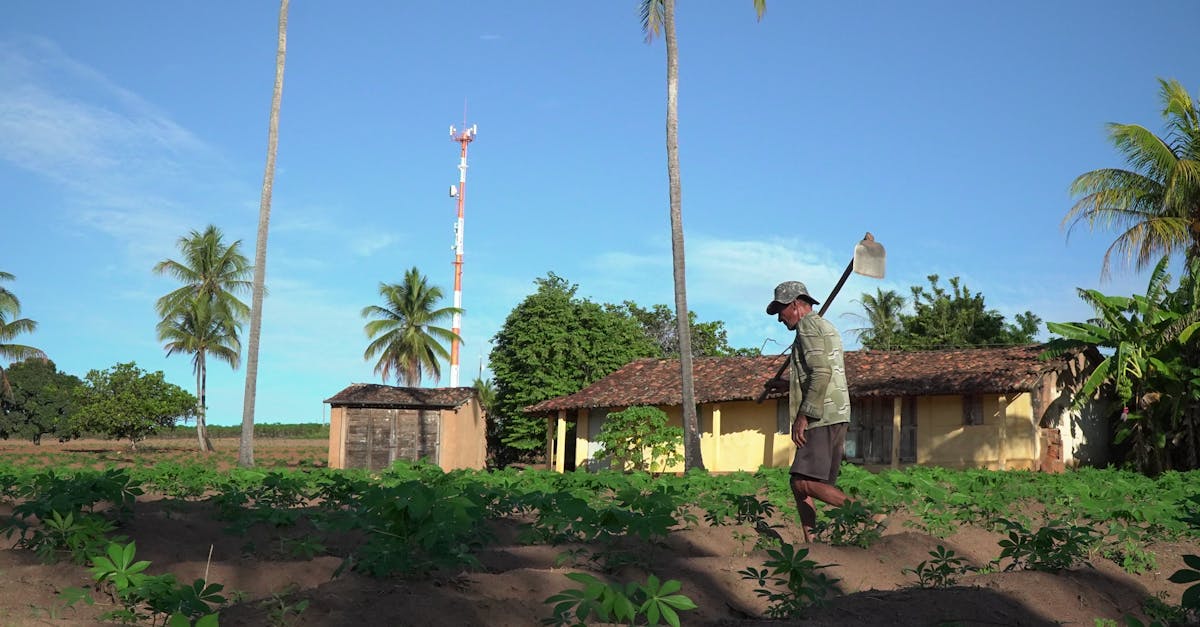Kona coffee, a globally recognized brand cultivated on the slopes of Mauna Loa, is facing new challenges. While the original Hawaiian News Now report is sparse on details, the implication that Kona coffee farms have become targets for Immigration and Customs Enforcement (ICE) activities raises serious concerns for the local business community. This situation poses potential disruptions for Hawaii's entrepreneurs and investors, particularly those involved in the agricultural sector.
The Kona coffee industry, deeply rooted in Hawaiian culture, contributes significantly to the state's economy. According to a report by Kona Coffee, the industry's impact extends beyond economic benefits, fostering community development and preserving cultural practices. However, the industry is already navigating complex issues. A 2023 Hawaii Public Radio report highlighted labor shortages as a significant challenge, with production potentially declining due to factors like Coffee Leaf Rust. The added pressure of ICE targeting could exacerbate these existing difficulties.
For entrepreneurs, the increased scrutiny could lead to operational hurdles, including heightened compliance costs and potential labor supply disruptions. Investors might become wary, which would affect the capital available for expansion. The situation also highlights the importance of understanding the interplay between policy and business operations. Any actions by ICE will likely impact labor availability, a crucial element of the coffee-growing process.
This news underscores the need for local businesses to stay informed about evolving regulations and to proactively engage with relevant stakeholders. It also emphasizes the importance of developing sustainable and resilient business models that consider potential risks. As the situation unfolds, close monitoring of labor practices, legal requirements, and any potential policy changes will be critical for the ongoing success of Kona coffee farmers and the broader Hawaiian economy.



